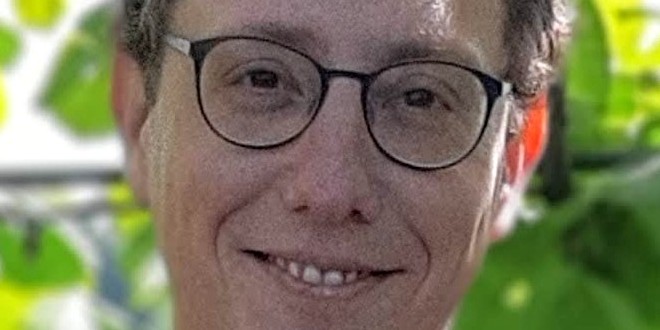Sometimes, there are treatments that are thought to benefit patients, but for some reason, expensive and time-consuming clinical trials on humans are not carried out. For example, mannitol — a natural sweetener – may help ease the symptoms of the incurable neurological disorder Parkinson’s disease, but mannitol has not been tested in clinical trials.
The story of mannitol is one of many examples of “undone science” in which research questions remain unfunded or ignored for economic, political or other reasons.
How can public pressure utilizing crowdsourcing, citizen science and entrepreneurial activism help transform undone into “done” science? A new article in the journal BioSocieties under the title “Entrepreneurial treatment activism for undone science: mannitol and Parkinson’s disease” has investigated this perplexing phenomenon
Drs. Shlomo Guzmen-Carmeli and David Rier of the sociology and anthropology department at Bar-Ilan University (BIU) in Ramat gan (near Tel Aviv) documented the story of CliniCrowd, an Israeli company established to test the effectiveness of mannitol. A common and fairly inexpensive sweetener used by the food industry and in hospitals to reduce intracranial pressure, mannitol was shown a few years ago by a group of Tel Aviv University (TAU) lab researchers as potentially effective in improving the condition of Parkinson’s patients.
As a natural substance found in many plants and algae, mannitol and its products cannot be patented. The global market for existing Parkinson’s drugs – most of which are symptomatic drugs with significant side effects – is already worth billions, with annual growth rates projected to rise sharply over the coming years.
As a result, pharmaceutical companies declined to test mannitol’s value for treating Parkinson’s, making mannitol an “orphan drug” that has not been tested or produced due to presumed unprofitability.
The founder of CliniCrowd, an Israeli hi-tech start-up entrepreneur and former senior security-services officer, didn’t let this stop him. After being diagnosed with Parkinson’s, he embarked on a mission to get undone science done by stimulating public discourse and pushing for mannitol to be placed on the research agenda. He recruited several additional key figures with similar backgrounds in hi-tech entrepreneurship and elite military units.
Their shared mentality dictated out-of-the-box thinking and nimble operations, and therefore, even though they expected little financial profit from their work, they operated CliniCrowd as a corporation, rather than a non-profit.
Despite their mainly pragmatic motivations (unlike many citizen-scientists), they initially positioned CliniCrowd as resistance to cynical, greedy Big Pharma’s disinterest in testing such potentially valuable but non-lucrative orphan drugs. Initially, they failed to arouse much interest among physicians, but a subsequent tactical decision to re-position mannitol as a nutritional supplement made it seem less threatening, and physicians soon more easily embraced it.
CliniCrowd’s efforts involved several stages. Most important was the launch of a crowd-sourced study of Parkinson’s patients who agreed to take mannitol regularly for an extended period and report their results. This research produced preliminary data sufficient to generate public pressure and influence with which to attract scientists to conduct further clinical research – currently ongoing – on mannitol for treating Parkinson’s.
CliniCrowd’s model features a pragmatic mind-set emphasizing speed, efficiency and creativity. It is well-suited to address a particular kind of undone science, involving potential orphan drugs that, occurring naturally, cannot be patented.
Numerous diseases, such as Alzheimer’s, diabetes, multiple sclerosis, and cancers might benefit from their approach. “There exist countless botanicals and other natural compounds that are effectively orphan drugs, so appropriate candidates for this entrepreneurial, crowd- sourced approach to treatment activism,” the researchers wrote.
CliniCrowd has shown that positioning itself as supplementing – not opposing – Big Pharma through exploring nutritional supplements can be an effective tactic, facilitating its core strategy of identifying potential compounds and using crowd-source preliminary research to catalyze subsequent, more formal clinical trials, the researchers concluded CliniCrowd thus shows the possibilities for change through creating knowledge, generating public pressure, and constructing alternative channels for medical clinical research.
The shortcode is missing a valid Donation Form ID attribute.






